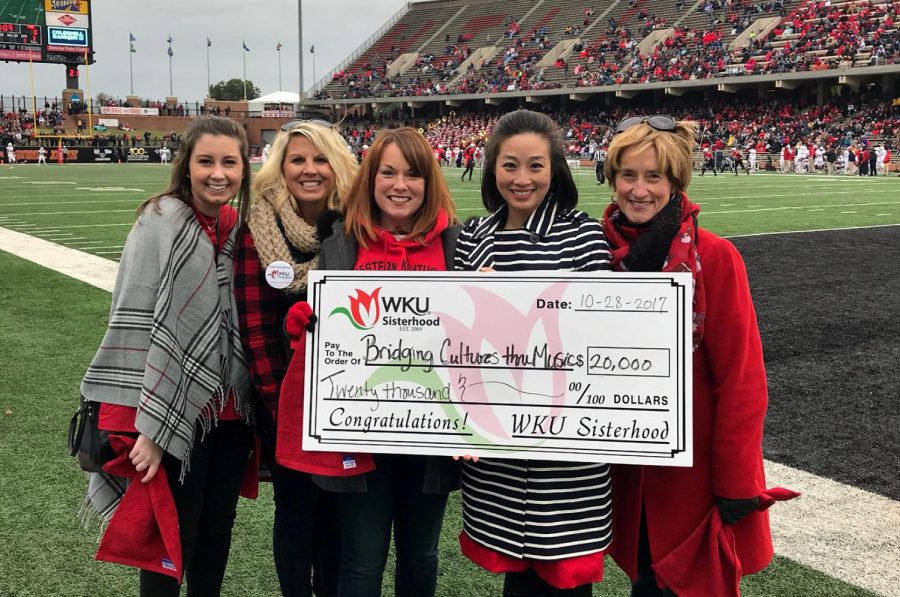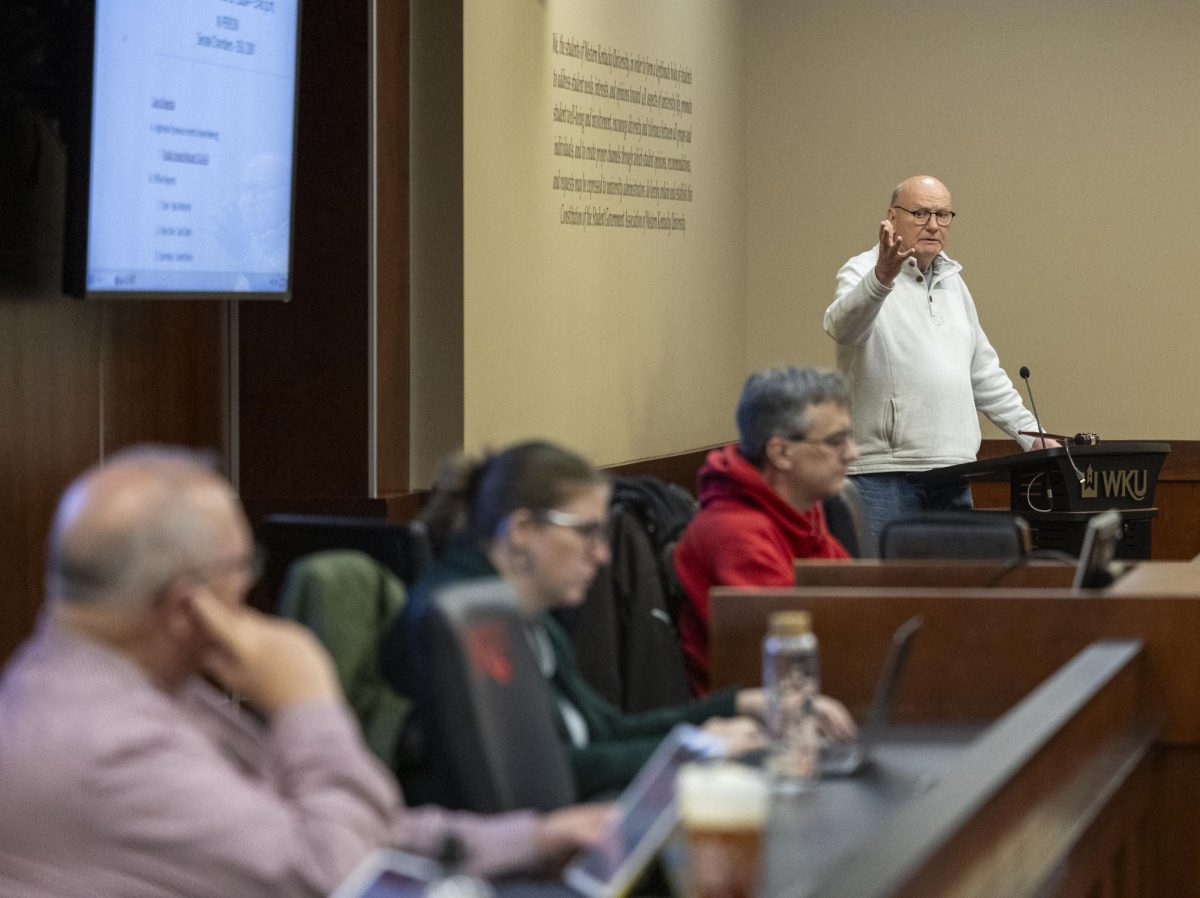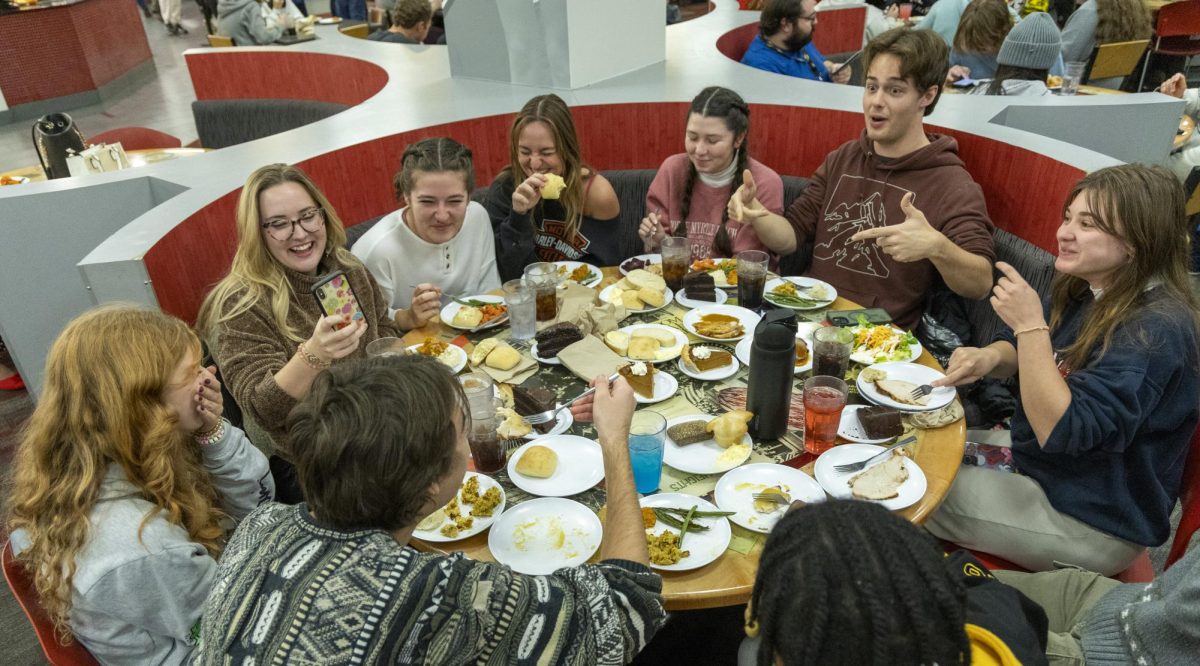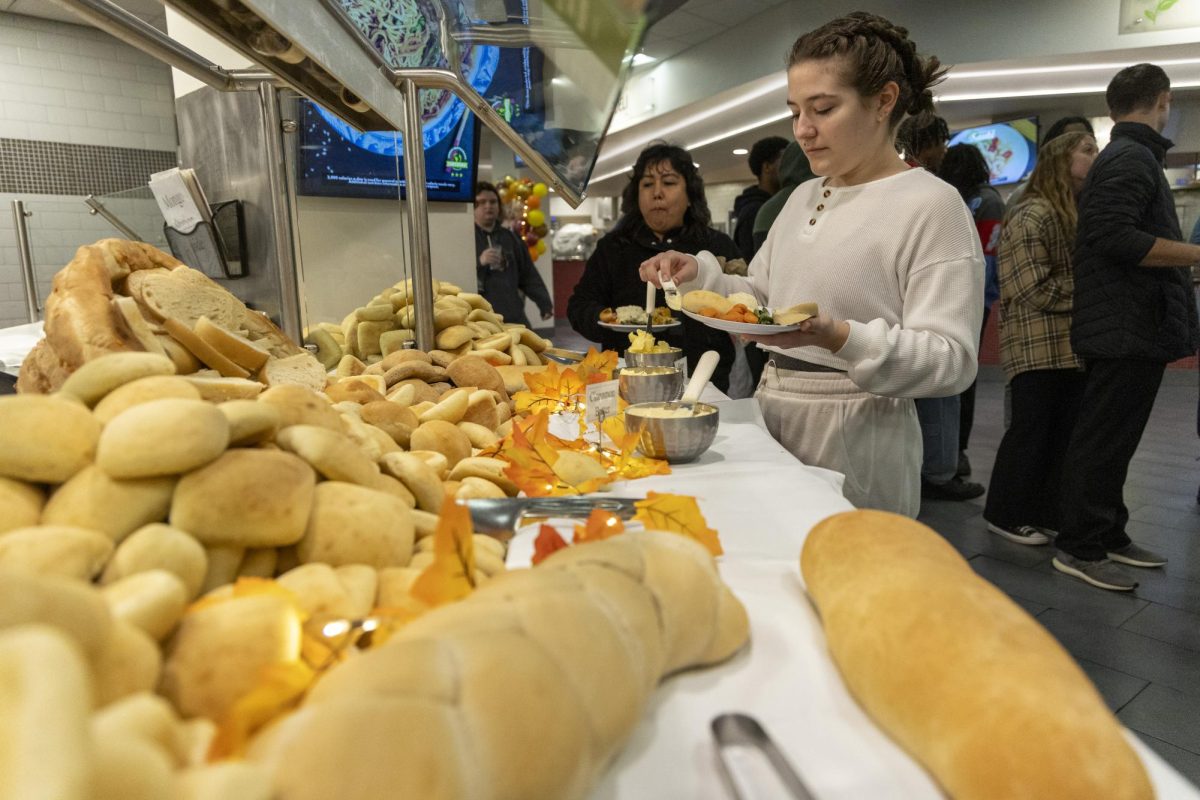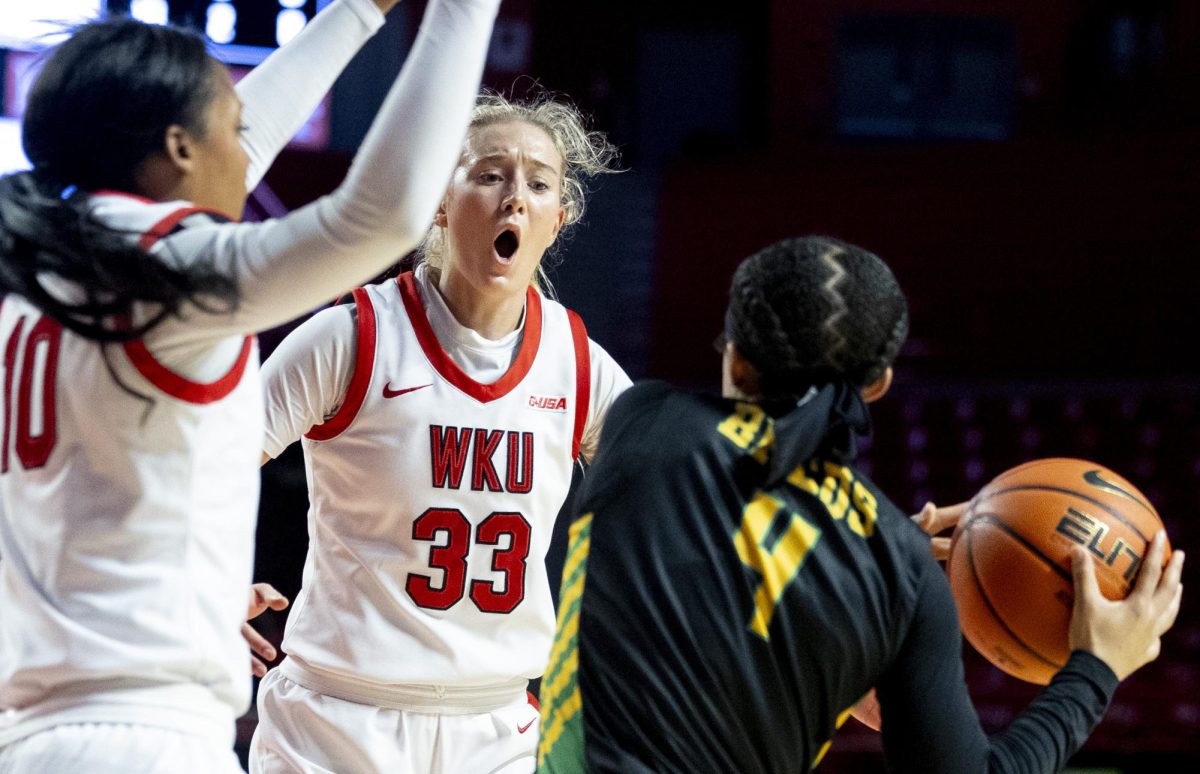Music department, ISEC receive Sisterhood grants
November 1, 2017
The WKU Sisterhood, an organization of women dedicated to helping WKU, awarded two $20,000 grants to two different projects at its annual meeting on Oct. 27.
The two recipients were “Bridging Cultures through Music,” led by violin professor Ching-Yi Lin, and the Intercultural Student Engagement Center Academy, or ISEC Academy, led by executive director Martha Sales.
“Bridging Cultures through Music” is a project designed to give college students in the violin program an opportunity to teach students learning English as a second language. Lin said most of the ESL students are refugees or immigrants living in Bowling Green.
“I’m very touched that the members of the Sisterhood grant also saw the value in this project,” Lin said.
Lin said the $20,000 grant will cover the cost of the ESL students’ violins.
She said the idea for the project came from her own experience as an immigrant. Lin moved from Taiwan to the United States when she was 12 and was unable to speak English at the time. She said she remembers the challenges of living in a country where she did not speak the language and she wanted to reach out to students in a similar position.
“The best way for me to reach out to them was through music, because music is the universal language,” Lin said.
Lin said violin students who have experience teaching violin will be given priority. She said she will also include her students in the Pre-College Strings Program, a program that offers violin, viola and cello lessons to young people between 5- and 18-years-old. She said young musicians in Bowling Green can also volunteer to participate teaching violin to the ESL students.
Lin said the program is restricted to only students in the violin program right now but she would like to see the program expand, and eventually, it may include other instruments.
The $20,000 grant given to ISEC Academy will also help the program grow, Sales said. She said the grant will be used to welcome the ISEC Academy’s 2018 cohort. ISEC Academy is a WKU initiative that assists first-year students of color who may be first-generation college students or Pell Grant eligible with their “transition, persistence and graduation,” Sales said.
Sales said it was the students in the program who inspired her to apply for the grant.
“I did it for the students,” Sales said.
Sales said most of the money will cover the cost of the multi-day orientation held to welcome the students the weekend before MASTER Plan.
Sales said students who participate in the orientation move in on Friday night. That night they learn “everything Hilltopper,” including the fight song. The students and their parents also participate in different sessions where they talk to stakeholders and faculty members on campus.
Sales said the students spend early Saturday at the WKU Farm participating in team building activities. They learn about their mind, body and soul in afternoon sessions. Sunday includes a scholar lunch and a ceremony officially inducting students into the ISEC Academy.
Sales is also the director of TRIO, a government program designed to help disadvantaged individuals access college, and she said part of her job includes writing grant applications. She said this experience made writing the application for the WKU Sisterhood grant easier.
Sales said she was “pleasantly surprised” when she found out ISEC was one of the top five applicants. She said she used part of her five-minute presentation in front of the WKU Sisterhood to tell the audience about ISEC Academy’s program purpose and impact. She said after her presentation, she waited outside of the room with the other applicants. Once the decision had been made they were invited back into the room and told who had been chosen to receive the money.
“It makes you feel great,” Sales said of receiving the grant.
Sales said the $20,000 will not cover all of ISEC Academy’s needs, so she will continue to apply for grants to secure more funding.
The WKU Sisterhood started in 2009 and is a philanthropic organization “advancing university priorities,” according to the organization’s brochure. Summer Bacon, director of donor engagement, said the group of women pay an annual fee of $1,000 each. The money is pulled together and given as grants to selected applicants. The applicants are selected by the organization with each member casting a vote for her choice.
“They just want to look and see that what they’re funding is in line with what the needs of the university are,” Bacon said.
Bacon said the organization received 20 applications this year, and a committee narrowed down the applicants to the top five. Those applicants each gave a five-minute presentation at the organization’s annual luncheon on Friday, Oct. 27, explaining how the money would be used. The winning applicants were announced later that same day.
Bacon said two recipients were chosen this year but that number can change every year. There were three recipients in 2016, but other years, such as 2011, only had one recipient, according to a list of past winners. She said sometimes members decide to donate to applicants who did not win the award.
This year, donations were also given to a student project for the first time. Gabriel Scarlett, Toledo, Ohio junior and a Herald staff member, and Shaban Athuman, Roanoke, Virginia, senior and a former Herald staff member, were given donations for a nonprofit they are starting, despite not being awarded a grant.
“The synergy of the group and the lively discussion nearly always causes one or several of the members to decide to support the non-awarded programs separately and on their own,” Bacon said. “We are fortunate to have such generous members who respond to the needs of the university on their own.”
Reporter Emma Collins can be reached at 270-745-6011 and [email protected].

